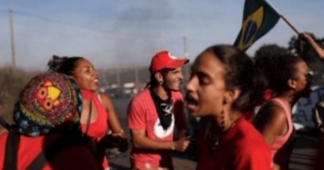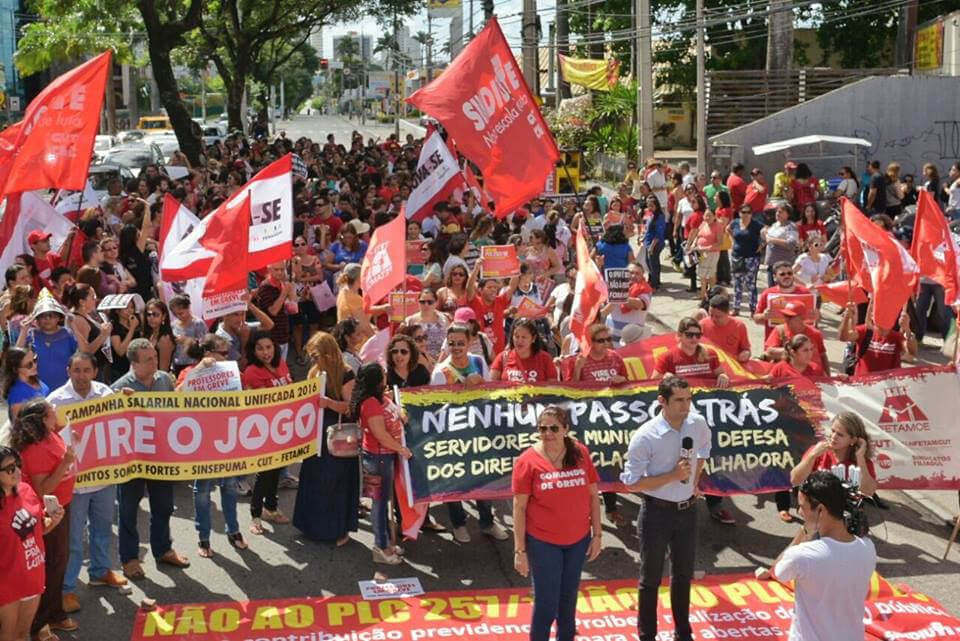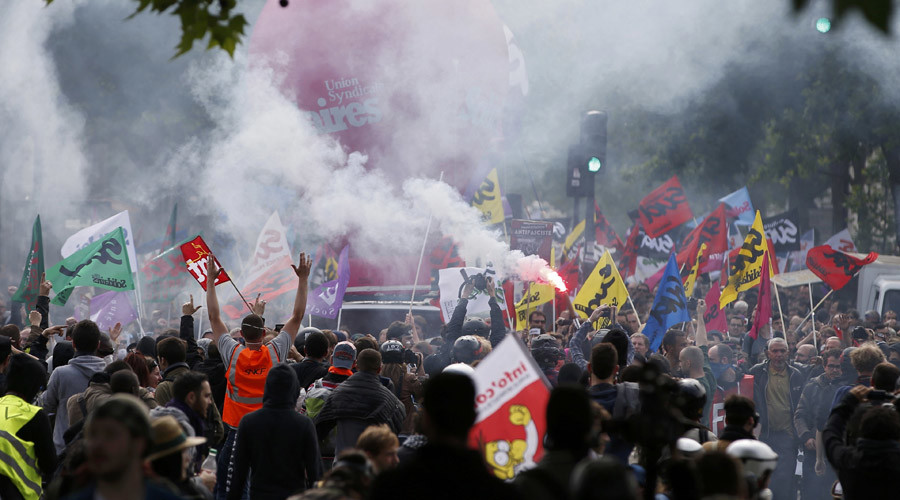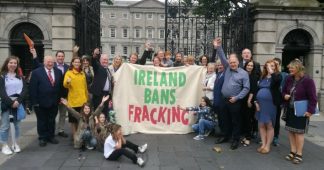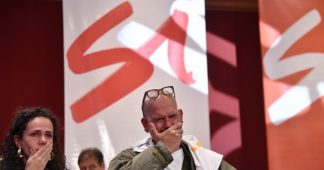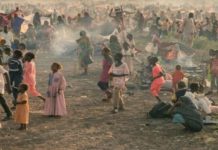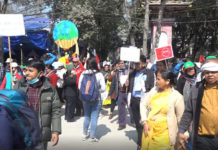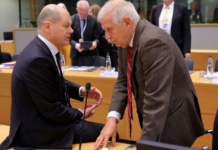Published in f2.telesurtv.net
The nation has one of the biggest campesino populations in South America: about 35 percent of the country’s population work on the land.
Thousands of campesinos have been marching on the streets of the Paraguyan capital Asuncion again, demanding lawmakers approve a bill passed in the Senate last week supporting a state-funded system to handle their debts.
Luis Cabrera, from the Coordination on Equal Opportunities of San Pedro, told EFE that the demonstrations won’t stop until the legislation has been approved and signed by President Horacio Cartes.
“I believe that if there is political will, lawmakers can hold an extraordinary session and solve this issue,” Cabrera added.
The president of the lower chamber said the bill is due to be debated on Wednesday, if the legislative commissions approve it.
The conservative government, which holds a majority in the lower chamber, is refusing to cancel the campesinos’ debts.
But it does favor a state funding solution as agreed last year, after the campesinos blocked roads in the capital for 23 days.
The workers claim that the government has failed to fulfill its part of the agreement.
The Budget Minister Lea Gimenez announced last week that she will recommend the government vetoes the bill if its approved in Congress.
While other members of the government said that the system of state-funding proposed, corresponded to the de facto cancellation of the campesinos’ debts.
Campesinos leader Luis Aguayo said that the workers’ representatives have met with lawmakers from all parties except the governing Colorado, to lobby for their demands ahead of the debate.
Aguayo believes there is a chance that the lower chamber will approve the bill.
“They did not say what they would vote, but there is a positive atmosphere, we hope that what happened in Senate will repeat itself,” he said.
The legislation was introduced by the progressive Guasu Front.
It aims to fund and restructure the debts of small campesinos — defined as owners of less than 30 hectares — with compensation of up to US$10,000 per person.
Around 17,000 people are said to be affected and the total debt is believed to equal US$34 million.
Land ownership has long formed the basis for bloody disputes in Paraguay, where the state often acts in the interests of the elite.
2.6 percent of landowners hold 85.5 percent of Paraguay’s lands while 91.4 percent of campesinos — with properties smaller than 20 hectares — hold only 6 percent, according to the 2008 agriculture census.
